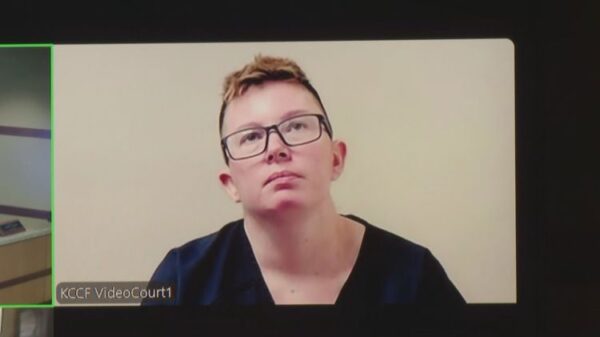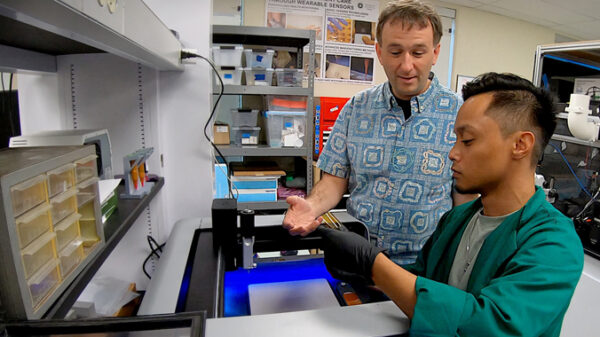The ongoing extinction crisis in nature is echoed by a concerning decline in microbial diversity within the human body. As we face diminishing ecosystems globally, the implications for human health are profound. Experts highlight that the health of our microbiome, which consists of countless bacteria, fungi, and viruses, is increasingly compromised, drawing a parallel between our internal ecosystems and the larger environmental crisis.
Human bodies are home to vast communities of microorganisms, often referred to as the human microbiome. These microbes play essential roles, aiding in digestion, regulating the immune system, and protecting against pathogens. While many are familiar with the gut microbiome, similar communities exist on our skin, in our nostrils, and even in our eyes. It is estimated that a staggering 90% of the cells in our bodies are microbial. As individuals move through their environments, they shed and absorb these microorganisms, contributing to a complex ecosystem.
Despite the critical functions of these microbes, modern lifestyles are increasingly detrimental to both our internal and external ecosystems. While many associate the environmental crisis with disappearing rainforests and endangered species, a significant, yet often overlooked, extinction is occurring at a microscopic level. According to Anastasia Theodosiou from the University of Glasgow, “What’s happening inside our own bodies is kind of mirroring what’s happening at a global ecosystem level.”
Research indicates that access to green spaces is beneficial for physical health, but recent studies show that the diversity of surrounding life is just as crucial. Areas with rich biodiversity contribute to healthier microbial populations in humans. Urban environments, in particular, have seen rising rates of inflammatory disorders, such as allergies and asthma. Although modern medicine has reduced deaths from infectious diseases, the increase in autoimmune conditions is concerning. This phenomenon is linked to a decline in microbial exposure, as noted by Ina Schuppe Koistinen from the Karolinska Institute.
This connection between biodiversity and health is encapsulated in the “biodiversity hypothesis.” Researchers first noted this relationship during the Karelia Allergy Study, which compared populations in Finnish and Russian Karelia in the 1980s. Despite genetic similarities, allergy rates were significantly higher in the Finnish population, which had urbanized, while the Russian side showed rare instances of asthma and no pollen or food allergies. This groundbreaking study established a link between reduced exposure to nature and increased health issues.
As we move deeper into the 21st century, the disconnection from nature escalates. Deforestation continues at an alarming rate, with over 8 million hectares of forest lost in the past year alone. Projections indicate that by 2050, approximately 70% of the global population will reside in urban areas. This shift is expected to have negative health repercussions, including weakened immune systems and heightened rates of anxiety and asthma. Furthermore, the destruction of natural habitats is the leading driver of infectious disease outbreaks as it forces wildlife into closer contact with humans.
Despite these challenges, solutions to these intertwined crises exist. A recent comprehensive review of 1,550 studies found that fostering biodiversity in urban settings leads to widespread benefits, including improved physical and mental health, enhanced childhood development, and stronger social connections. Erica Spotswood, a senior scientist at the San Francisco Estuary Institute, emphasizes the positive impact of urban greening: “If you take action for biodiversity in cities… these actions will also likely yield benefits to human health.”
The potential for significant health improvements is immediate and compelling. One notable study from Finland demonstrated that just one month of exposure to diverse plant life enhanced skin bacteria and boosted the immune response, highlighting the importance of contact with healthy soils rather than merely the act of gardening itself.
Our microbiome intricately connects our health to the natural world. Every bite of food, breath of air, and touch of our environment intertwines these two ecosystems. Recognizing the importance of preserving our natural surroundings is essential for maintaining our microbial health and, by extension, our overall well-being. The urgency to act in favor of biodiversity is clear, not just for the planet, but for our own health and future.





































































